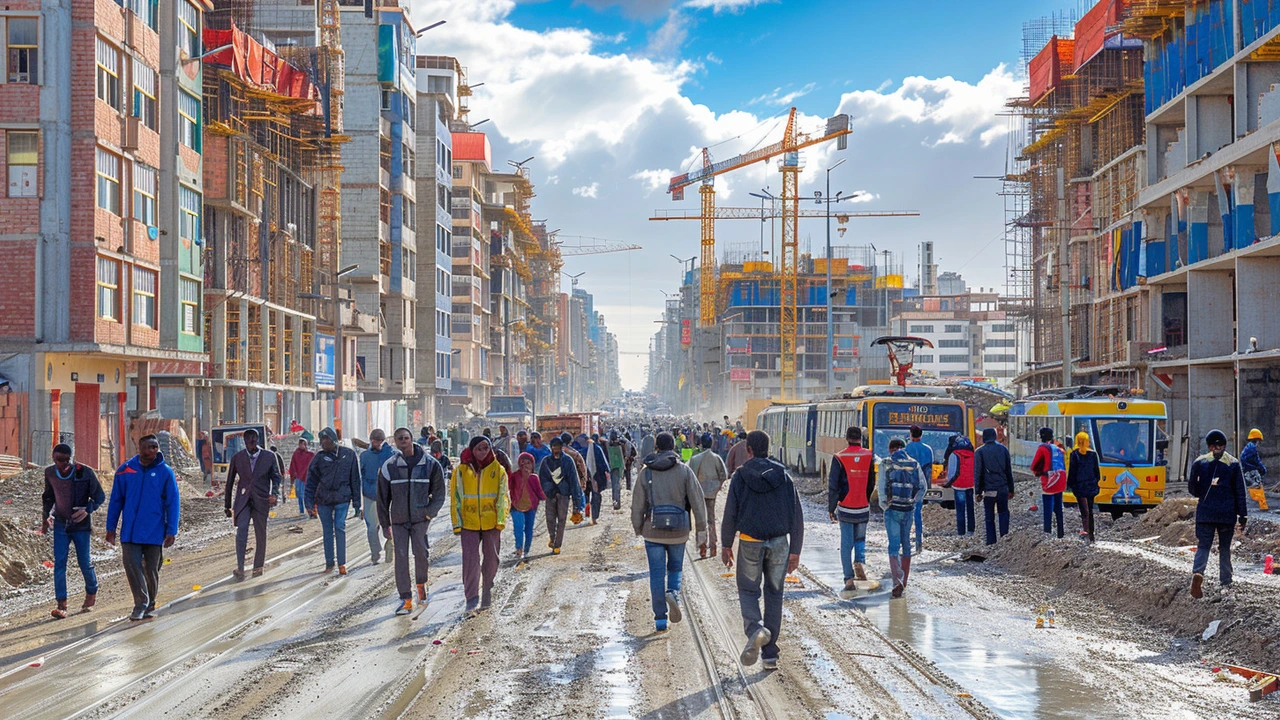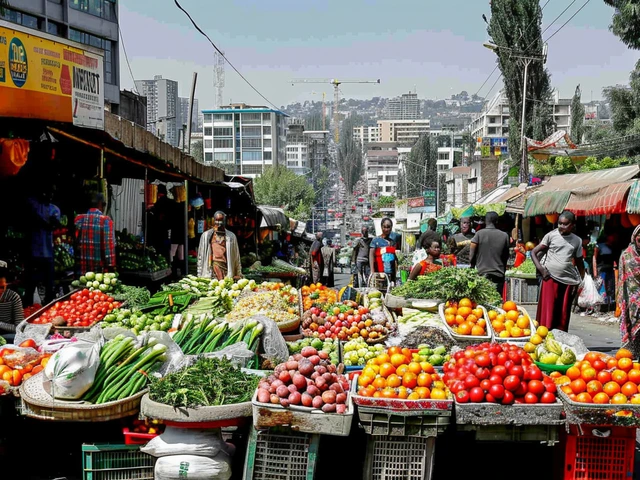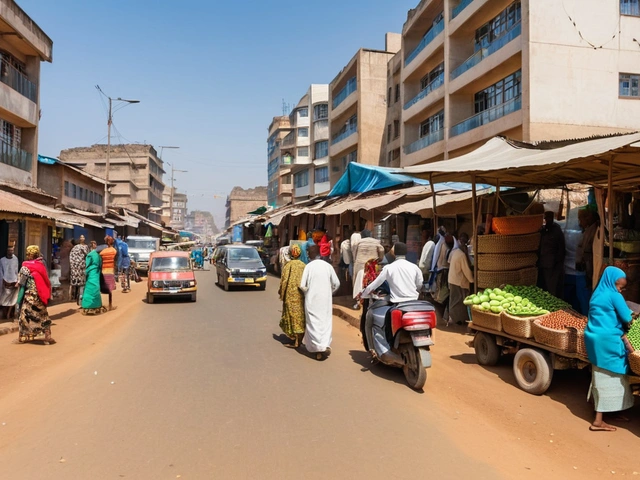Development in Ethiopia: Jobs, Salaries, and Investment in a Growing Economy
Life in Ethiopia is changing fast. The job market is buzzing, some industries are booming, and more people want in—from setting up a business to landing a new job or just understanding how to make a good living. But what does development actually look like on the ground?
Take jobs and salaries for starters. Ethiopia's industries are opening up thanks to investment in tech, agriculture, and public infrastructure. Salaries are still catching up with global averages but are steadily rising, especially in fields like ICT, engineering, and modern agriculture. Teachers, healthcare workers, and skilled trades are always needed, and knowing where the higher pay is (hint: capital cities like Addis Ababa) gives jobhunters a real edge.
Thinking of investing? Opportunities everywhere, from launching startups in Addis to diving into Ethiopia’s agri-business goldmine. Plots of land for tech parks and rich soil for new-age farming attract both local and international investors. The government’s investment incentives—tax breaks, customs perks, and friendly policies—are real. But you need to know the ropes: how much capital you need, which sectors are safest, and where the highest returns are. Most guides agree: agriculture and manufacturing top the list, but ICT and affordable housing are gaining traction.
Speaking of housing, rent varies wildly by city. Addis Ababa is pricier than towns like Bahir Dar. Want to save money? Share a flat or look outside the center. Cost of living also depends on how you live—public transport is cheap, but imported goods are definitely not.
Ethiopia’s linguistic and cultural diversity isn’t just a sideline fact; it shapes jobs and earnings, too. Amharic might open central doors, but speaking Oromo or Tigrinya unlocks job and networking chances in other regions. Learning local languages actually pays off, especially in sales, government, and tourism roles.
Safety is a legit consideration for expats and locals alike, especially in cities. Addis Ababa offers better job prospects and a modern vibe, but newcomers still ask: is it safe? Most areas are fine for work and daily life, but like any growing city, research helps you avoid trouble and find the best neighborhoods for work and living.
The rise of online side hustles and global freelance gigs adds another layer to development. Platforms and digital jobs let Ethiopians earn from anywhere, overcoming some local limits. Though PayPal isn't easily available, people find alternatives—mobile money services and regional innovations fill the gap.
In short, Ethiopia’s development isn’t just about numbers and headlines. It’s about daily decisions—where to work, what to study, when to invest, and how to get ahead safely. Real stories of millionaires, entrepreneurs, and everyday workers show the full range of possibilities, and there’s truly no “one path fits all.” Navigating this landscape is all about staying informed, being flexible, and seizing the right opportunity before someone else does.






